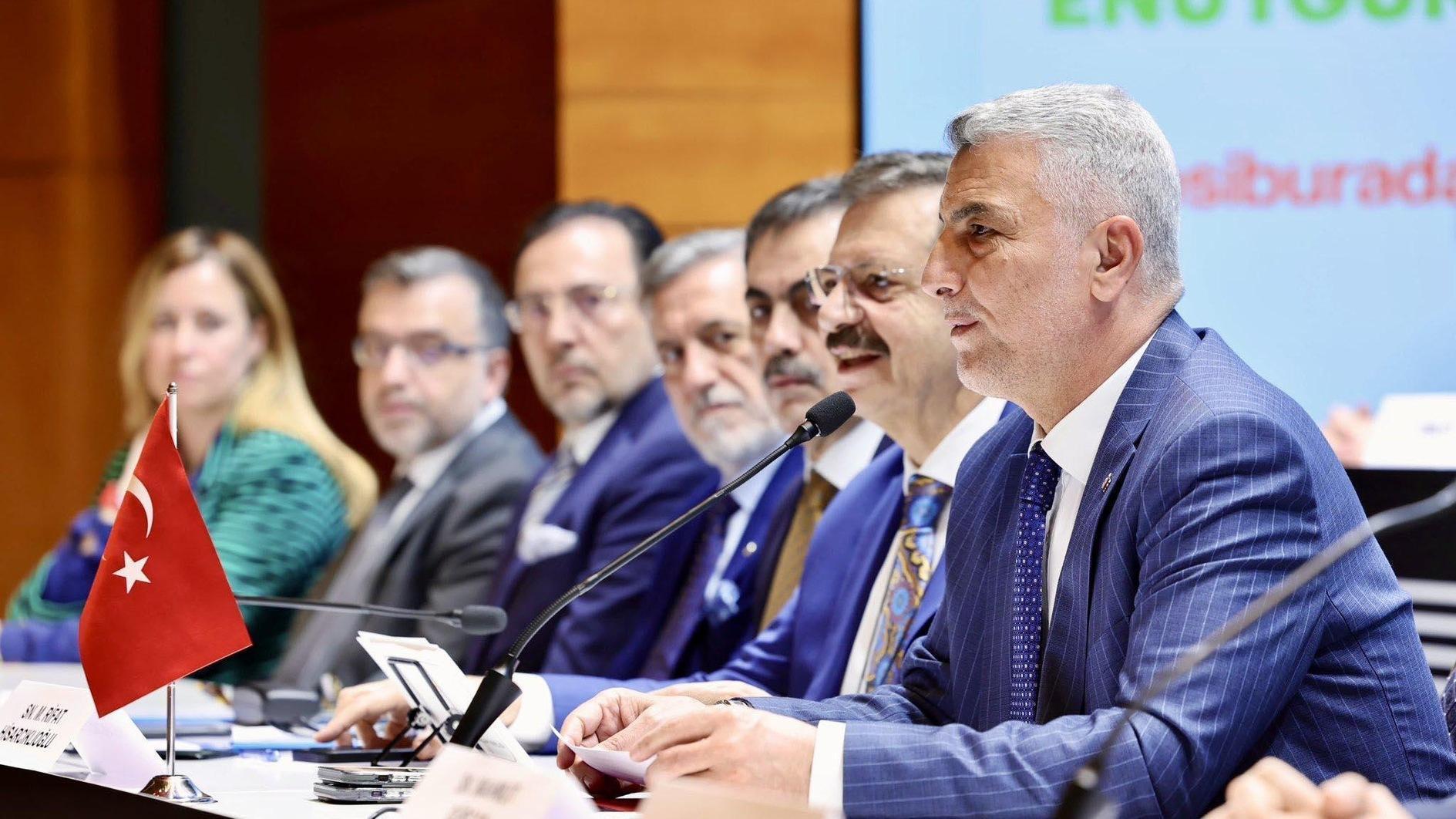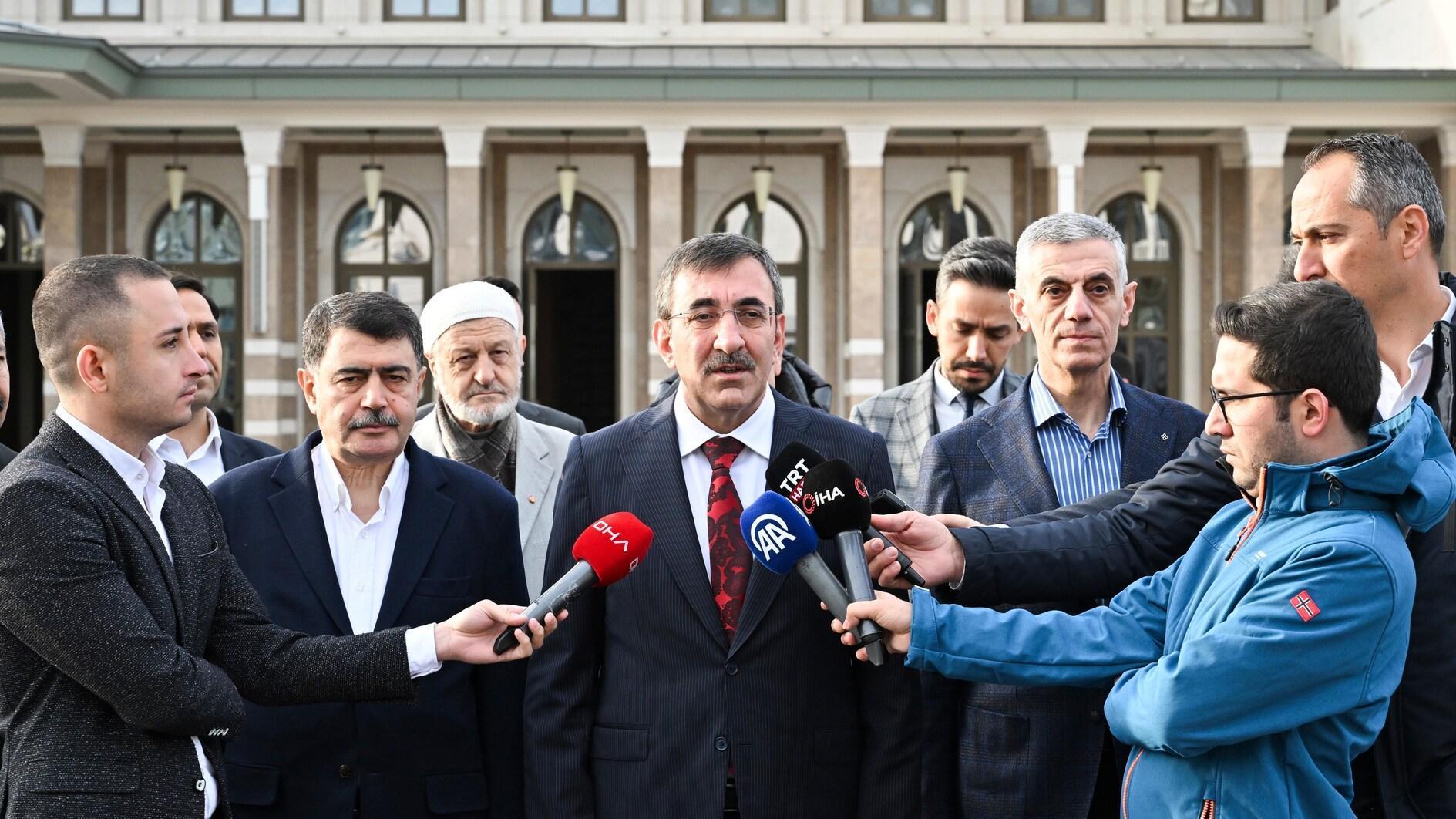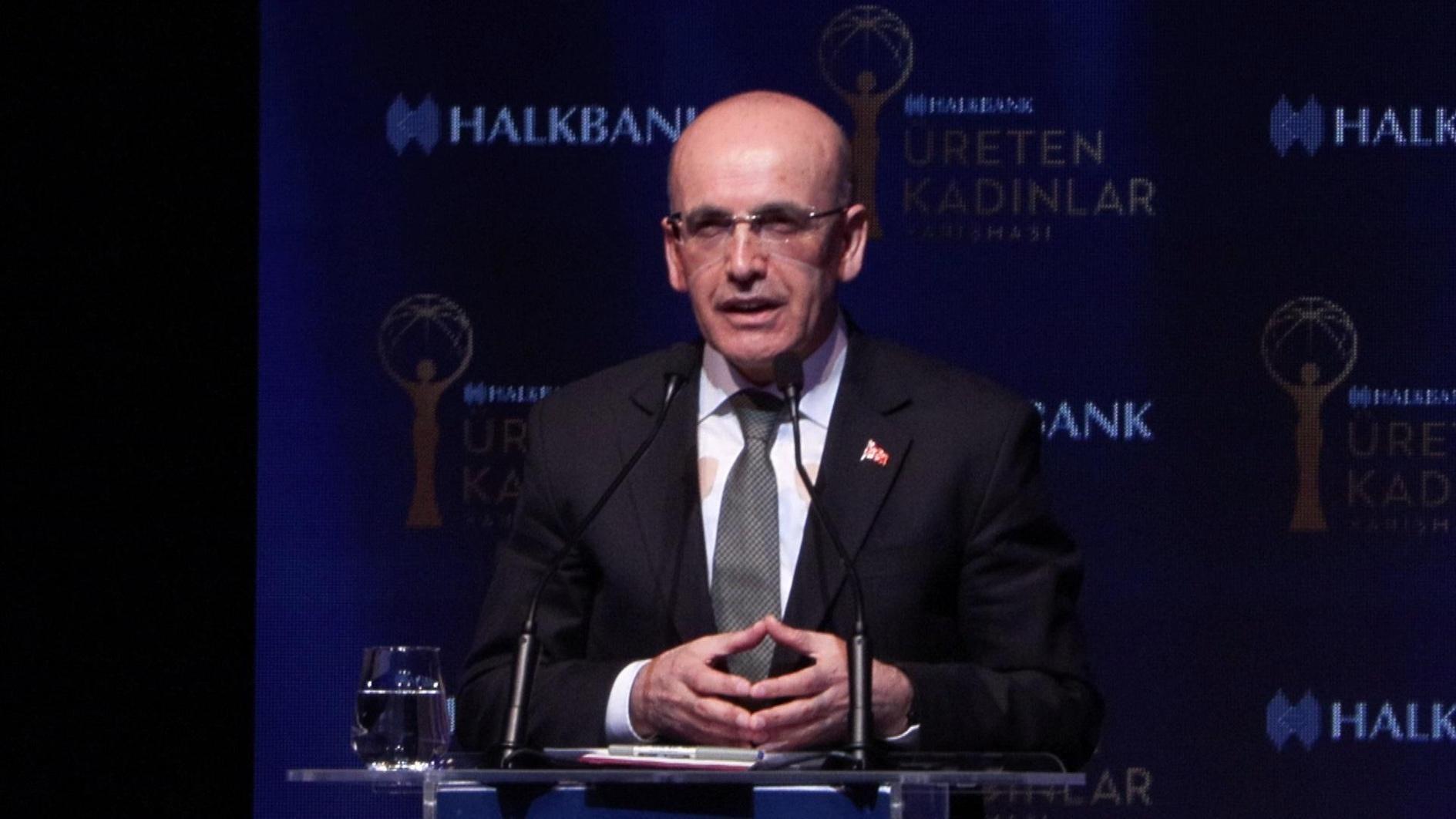CHP’s challenge: Convincing it has solutions to problems
I am from that generation that stood and waited in lines just to get one kilogram of meat. These were in the late 1970’s.
During previous electoral campaign rallies, President Recep Tayyip Erdoğan kept reminding us of these queues to hit at the opposition. It should therefore be very embarrassing for Justice and Development Party (AK Party) elites to see people currently lining up to buy fruits and vegetables from points of cheap sale organized by municipalities. You would expect this to play against the ruling coalition between the AK Party and Nationalist Movement Party (MHP) just ahead of local elections.
Yet when a woman standing in a line is asked by a television reporter about who is responsible of these queues, the answer she gives is “CHP,” the main opposition Republican People’s Party.
How can one explain this answer that puts the blame on a party that has not been in government for nearly two decades?
There could be three ways to explain this response. She might well be convinced that thanks to the AK Party’s successful propaganda that whatever bad happens in the country, it is the CHP’s doing.
Or she might be aware of the fact that criticizing the ruling elites might create her headaches and it is much safer to target the CHP to stay away from trouble.
Or she gave an extraordinarily sophisticated answer by pointing to the fact that Turkey’s problem is not the inefficiencies of the governing elites but the inefficiencies of the opposition elites.
The last one is actually the real curse on Turkey.
Defining problems, finding solutions
I was recently at a dinner where a foreigner asked a CHP deputy why the party was not performing better against the AK Party.
The deputy was, in my view, right in criticizing the party’s top executives’ tactic to design strategies in accordance with things that will please conservative voters. She gave the CHP’s criticism on high meat prices as an example. Instead of directly pointing at the extremely high prices of meat, the CHP addressed conservative voters by telling them that as meat is being imported from Serbia the AK Party made them obliged to eat meat handled by Serbian (therefore Christian) butchers.
Obviously this is not the right way to define the problem, but defining the problem is not enough to address the problem as well.
Instead of talking about high meat prices and blaming the AK Party, the CHP has to talk about how it will manage to decrease high prices.
The CHP does not need to tell people about problems. They know the problems. The CHP does not have to tell them how living in Turkey has become expensive and how making ends meet is becoming a huge challenge. They know it better than the CHP elites. They are the ones suffering from it in their everyday lives. They are not interested either about the reasons behind the deterioration of the economic situation.
They are interested neither in the problems nor their causes, but in the solutions.
And as long as the CHP cannot convince voters that it has clear-cut solutions to the country’s bread and butter issues, it will face yet another defeat.
Local elections have always served as a way to express reactionary votes. Under normal circumstances, with the current deterioration in the economy, one would expect the opposition to comfortably win local elections. Yet polls are not showing a big gap between the two alliances.
It is not a coincidence that the AK Party is not basing its election campaign strategy on local solutions but rather on nationalistic rhetoric that voters should act in order to protect the country from “enemies within and outside.”
If the AK Party-MHP alliance maintain their votes, it would not be because voters are concerned about the security of the country, but because they are concerned that the opposition is not capable of providing solutions to their daily problems.











